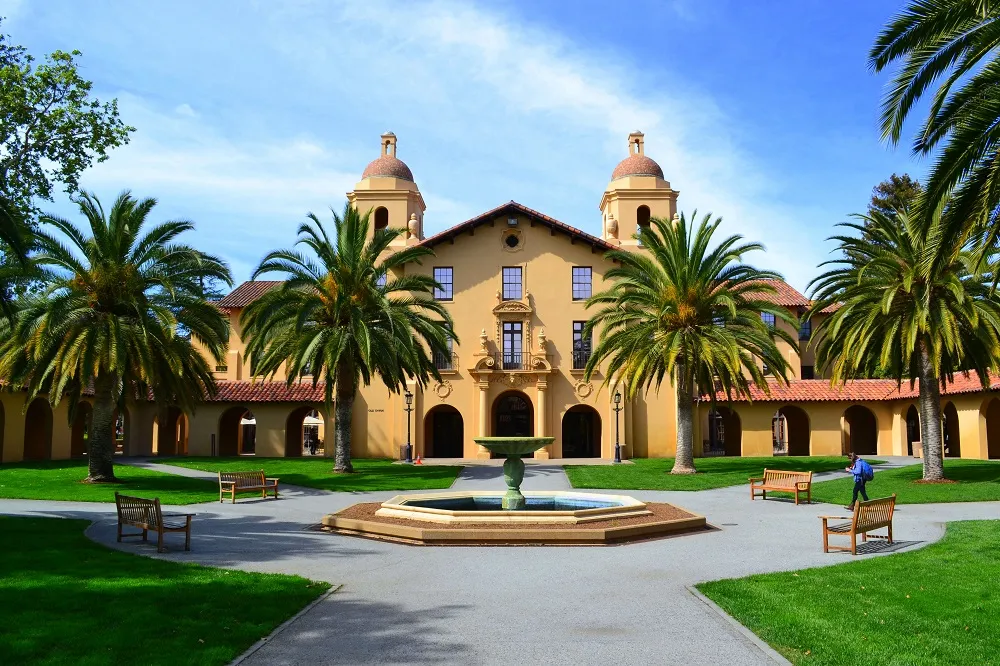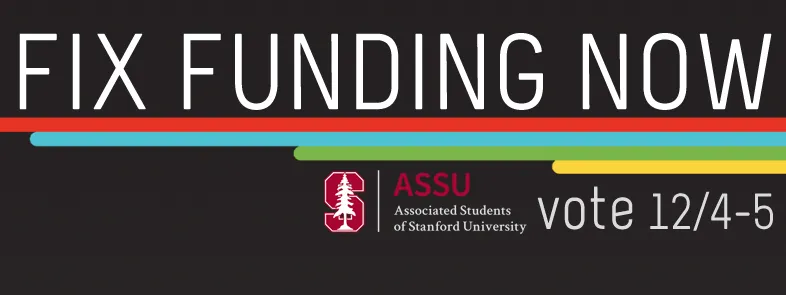Table of Contents
In light of this relatively dramatic effect on ASSU governance, the new Cardona/Wharton administration aimed to ensure that the Constitutional Council was fully constituted. According to the ASSU Constitution, each member of the Constitution “shall serve until they resign, cease to be members of the Association, or are removed by a 4/5 vote of both Association legislative bodies.” Looking at last year’s Constitutional Council, two members are still involved this year, and according to my email correspondence with the Council, Mateo Willmott ’11 and Evan Cox, who will graduate this winter with an MS. That leaves three open spots to be filled. According to the ASSU Constitution, Article IV, Section 2, Part B:
The Constitutional Council of the Association shall be comprised of 5 members and shall choose by majority vote a chair each year within three weeks of the beginning of fall quarter. [emphasis added]
Clearly, a premium is placed on getting the Council up and running (note: that deadline is impossible at this point, since Monday is the deadline and any confirmations will take more time). So what happened?
Well, the Executive acted last year to fill the positions before the end of the quarter, planning to submit them for vote at the first Senate meeting this year. However, according to Senate minutes and a recent email circulated by Angelina Cardona ’11, current ASSU President, the process has been reopened, with the original nominees, whose names Cardona had not released in spite of several emailed inquiries by this blogger, asked to reapply (the only known nominee is Stanford Review editor in chief, Alex Katz ’12, with whom, full disclosure, this blogger is friends). The application closes tomorrow night at 11:59 PM. When asked for an explanation as to why the original nominees were abandoned, Cardona responded with the following statement:
After a lengthy conversation between Kelsei and I, we decided that we had not done a thorough enough process of selecting applicants in the spring. We had not yet written or proposed a bill to confirm any members and we felt we needed to have the interview component to ensure that we were selecting the best people to serve on the council. The 3 original people who we were considering for nomination were informed of exactly what I told you above and have been offered an interview and we will be interviewing them this weekend.
There is already a pending case before the Council, so it is confusing to me as to why the process was delayed, especially after the nominees had already been selected earlier and were not informed of the withdrawal of their nomination until the day on which they were supposed to be confirmed by the Senate. I understand the need to have a thorough process, but the sudden change in the decision-making by the Executive, without any outward protests that the nominees were unqualified or inappropriate, so far as I am aware, is confusing. I encourage the Executive to realize the “open, transparent” government called for in their agenda by providing more clarification about this process and to allay any concerns that the move is in any way political. I have full faith that this administration can provide an explanation, but as yet, I am unsatisfied with their attempts to do so. I look forward to hearing more about the process.








